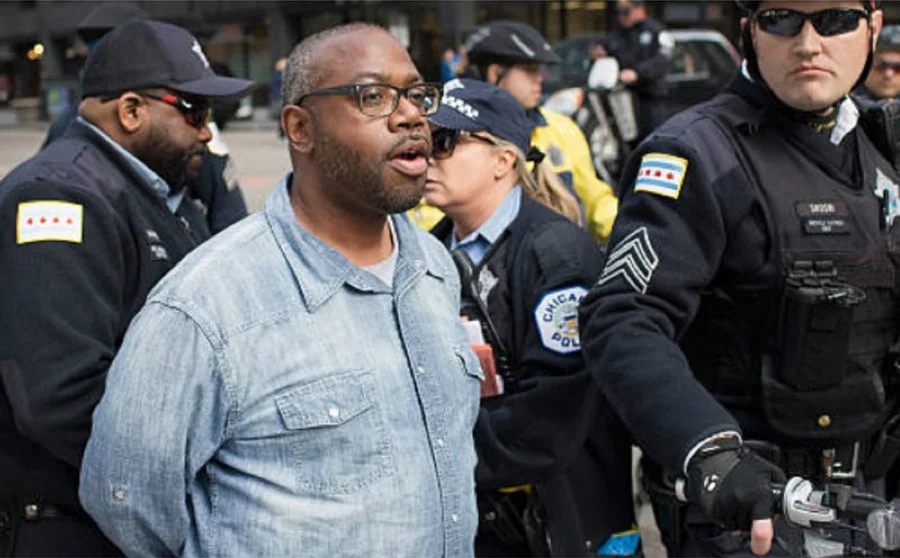
Introduction text of Impact category in Article
The Shriver Center on Poverty Law is taking action in the face of unprecedented threats to democracy and the social safety net. Our 2025 legislative agenda bolsters the anti-poverty programs and benefits residents rely on. From providing cash assistance to struggling families and increasing worker protections, to removing barriers to housing; our proposed legislation creates a fairer state where everyone can thrive.
Despite threats at the federal level to cut essential anti-poverty programs, our mission to advance economic and racial justice remains steadfast. In our 2025 legislative plan for Illinois, we continue to build on decades of success in Springfield. Read our full list of proposed bills that help create a state where everyone can thrive.
The first 10 days of the Trump administration have seen a swift and unprecedented assault on our government, our democracy, and our most vulnerable people. We asked a few of our advocates to share their thoughts on the latest developments and the effect they're having on marginalized communities.
In the face of a deeply polarized nation, this election has brought profound emotions and urgent questions about how each of us is seen and valued. For many of us who identify as people of color, immigrants, members of the LGBTQ+ community, or allies in the fight for justice, this moment can feel jarring. But it is also a call to action and an opportunity.
The presidential elections are less than a week away. The results could affect everything from reproductive rights and the state of democracy to the programs and policies that support people experiencing poverty. The Shriver Center on Poverty Law spoke with a number of our advocates about how — or whether — the outcome of the 2024 elections will shape their work.
As difficult as that feels, ending poverty is ultimately a policy choice. We already know that measures like the child tax credit and progressive taxation can lift all boats. As we head toward Election Day, we must remember that when we center poverty in our politics, we all win.